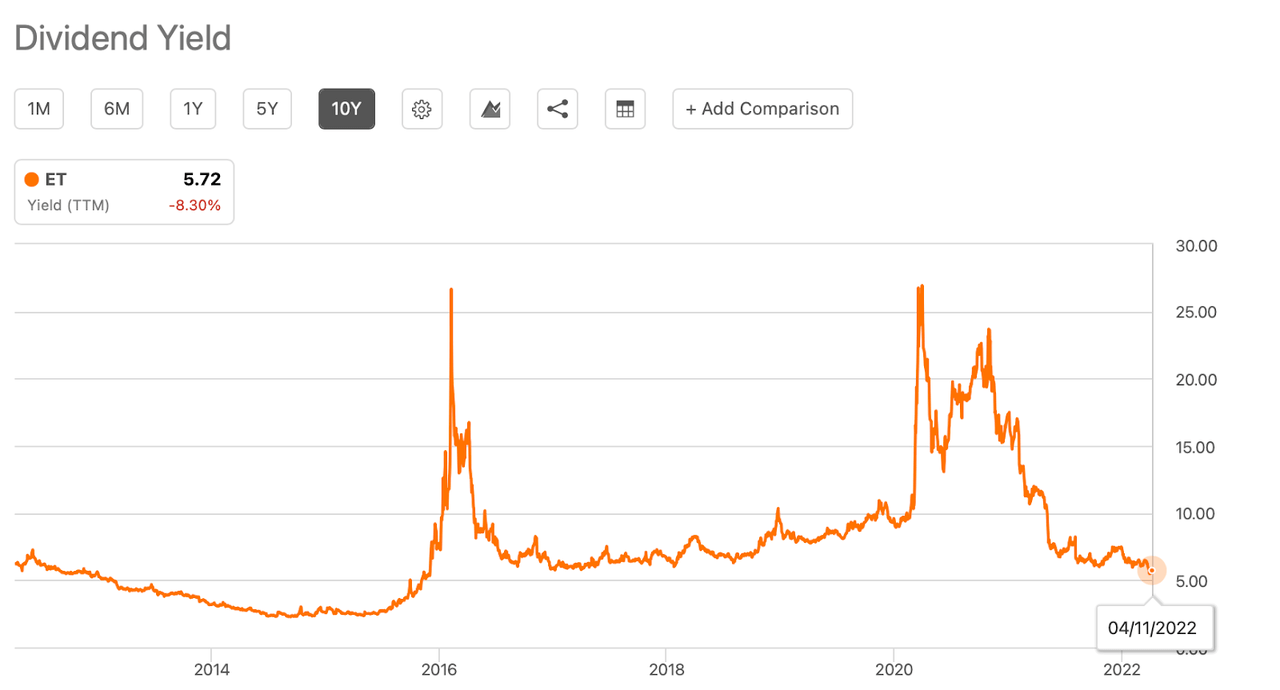
Forex risk management has many components. Leverage is a major factor. Stop-loss adjustments also play a significant role. A key factor in Forex trading is the ability to trade during major economic events. Forex risk management is about managing your emotions in volatile markets. Follow these guidelines to limit your risk. Other topics will be covered in the next article about Forex risk management. In the next article, you will also learn about Stop loss adjustments and Trading during major events.
Leverage is an important factor in forex risk management
Traders must be able to choose the most comfortable level of leverage. A trader should limit leverage to 1:30 or lower for smaller balances. More experienced traders can use higher leverage. Leverage can be a huge advantage when it is used correctly, as you can see. This type leverage is not for everyone. Leverage is a common occurrence in forex trading, but it should be used in moderation.
Forex trading leverages high levels to increase buying power and trading power. While this can help traders increase their profits, it comes with risks. Forex traders shouldn't leverage more than 30:1.

Stop-loss adjustments
Stop-loss adjustments are a very important aspect of forex risk management. They allow you to decide how risky you want to take on a particular trade. This allows you to establish a predetermined reward/risk ratio. But market structure is crucial for effective stop-loss positioning. Popular methods include support and resistance levels, moving averages, and Fibonacci retracement. These rules will allow you to increase or decrease the stop-loss amount while maintaining your trade position.
Los Angeles traders often start positions in the Asian session. Although he may be optimistic about volatility in the European or North American sessions, he is cautious about putting too much equity at risk. A 50-pip stop-loss can be an effective way to limit risk without giving up too much equity. The key to forex trading is using current market information in order to assess risk management options.
Trading during major economic events
FX risk management involves taking into account the effects of major events. The impact of major events on the market, such as the U.S. - China trade war and the COVID virus can cause huge fluctuations in currency prices. Moreover, major economic events such as the COVID-19 pandemic can make it harder for investors to protect their portfolios. Businesses need to be aware of FX risks during major events.
The first step is to identify the extent of FX risk in your organization. The finance department should drill down to each individual exposure and collect detailed data. For example, a manufacturer planning to purchase major capital equipment might want to consider FX derivatives. An in-depth analysis can be done of the business operation cycle to determine the impact of fluctuations in the foreign currency market on profit margins. Also, businesses can determine whether they are in need of FX protection by looking at cash flow projections.

Keep your cool in volatile markets
Investors are stressing about whether to sell their stock, or stay with their strategy because of the recent volatility in markets. There are many options available to you. You could be debating whether or not to sell your stock, purchase something new, and burying your head in the sand. Many investors are vulnerable when trying to make a decision. So how do you stay calm? Below are some tips to help you stay calm in a volatile market.
First, keep a long-term perspective. Market volatility is inevitable and makes it difficult to time it correctly. Although there is no guaranteed way to accurately time the market, it is essential to have a long-term outlook and stay logical. Multi-asset investment can reduce your risks, and help you stay calm in any circumstance. You could lose your money if you don't see the long-term.
FAQ
How Do People Lose Money in the Stock Market?
The stock exchange is not a place you can make money selling high and buying cheap. You lose money when you buy high and sell low.
The stock market offers a safe place for those willing to take on risk. They would like to purchase stocks at low prices, and then sell them at higher prices.
They believe they will gain from the market's volatility. But if they don't watch out, they could lose all their money.
What are the benefits to owning stocks
Stocks are more volatile that bonds. If a company goes under, its shares' value will drop dramatically.
However, if a company grows, then the share price will rise.
To raise capital, companies often issue new shares. This allows investors buy more shares.
To borrow money, companies can use debt finance. This gives them cheap credit and allows them grow faster.
When a company has a good product, then people tend to buy it. The stock will become more expensive as there is more demand.
The stock price should increase as long the company produces the products people want.
Who can trade in the stock market?
The answer is yes. All people are not equal in this universe. Some people have more knowledge and skills than others. So they should be rewarded.
However, there are other factors that can determine whether or not a person succeeds in trading stocks. If you don’t have the ability to read financial reports, it will be difficult to make decisions.
These reports are not for you unless you know how to interpret them. Understanding the significance of each number is essential. Also, you need to understand the meaning of each number.
You'll see patterns and trends in your data if you do this. This will help you decide when to buy and sell shares.
This could lead to you becoming wealthy if you're fortunate enough.
How does the stock markets work?
By buying shares of stock, you're purchasing ownership rights in a part of the company. A shareholder has certain rights over the company. He/she is able to vote on major policy and resolutions. He/she has the right to demand payment for any damages done by the company. He/she also has the right to sue the company for breaching a contract.
A company cannot issue any more shares than its total assets, minus liabilities. This is called capital sufficiency.
A company that has a high capital ratio is considered safe. Companies with low ratios of capital adequacy are more risky.
Statistics
- "If all of your money's in one stock, you could potentially lose 50% of it overnight," Moore says. (nerdwallet.com)
- For instance, an individual or entity that owns 100,000 shares of a company with one million outstanding shares would have a 10% ownership stake. (investopedia.com)
- Even if you find talent for trading stocks, allocating more than 10% of your portfolio to an individual stock can expose your savings to too much volatility. (nerdwallet.com)
- Individuals with very limited financial experience are either terrified by horror stories of average investors losing 50% of their portfolio value or are beguiled by "hot tips" that bear the promise of huge rewards but seldom pay off. (investopedia.com)
External Links
How To
How can I invest in bonds?
An investment fund is called a bond. Although the interest rates are very low, they will pay you back in regular installments. These interest rates can be repaid at regular intervals, which means you will make more money.
There are many options for investing in bonds.
-
Directly buy individual bonds
-
Purchase of shares in a bond investment
-
Investing through a broker or bank
-
Investing via a financial institution
-
Investing through a pension plan.
-
Directly invest through a stockbroker
-
Investing through a Mutual Fund
-
Investing through a unit trust.
-
Investing in a policy of life insurance
-
Investing via a private equity fund
-
Investing with an index-linked mutual fund
-
Investing via a hedge fund